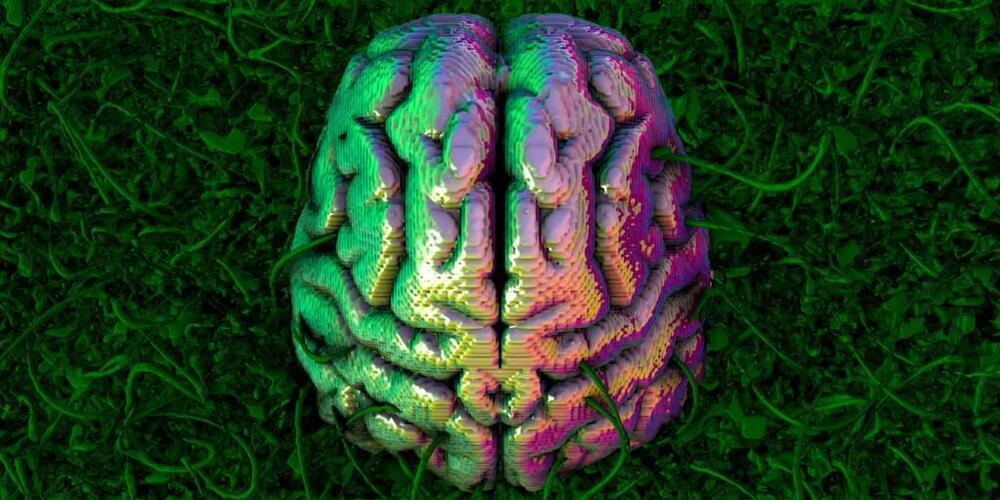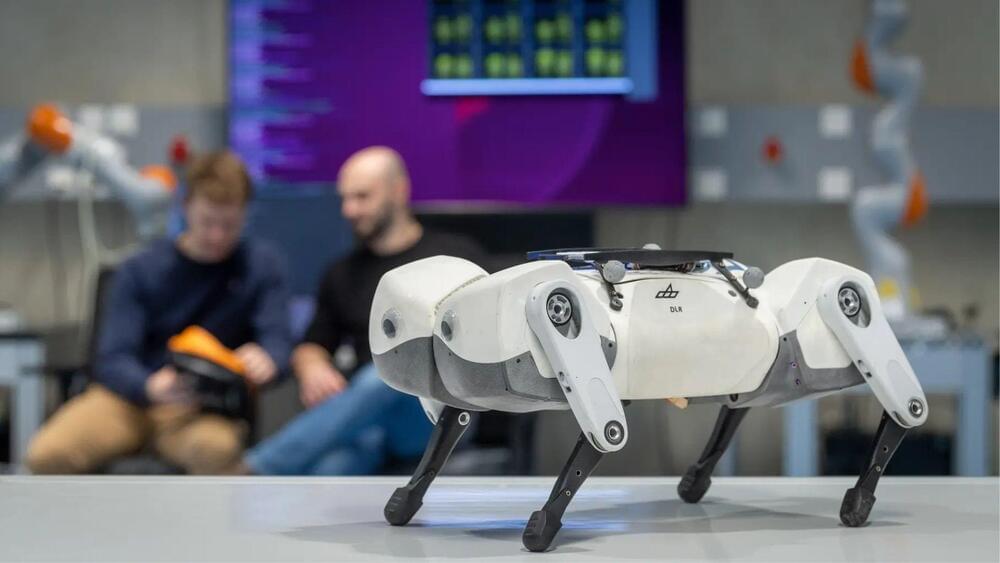Nov 20, 2024
Are We Accidentally Building A Planetary Brain?
Posted by Shubham Ghosh Roy in category: habitats
From superorganisms to superintelligences, how studying crabs could reveal that we are unintentionally building an artificial world brain.

From superorganisms to superintelligences, how studying crabs could reveal that we are unintentionally building an artificial world brain.
The risk for thrombosis on equipment within coronary arteries during PCI – and the potential dangerous complications – has led to nearly 50 years of targeted research on the mechanisms of normal and pathologic thrombosis. This research has in turn led to the development of blood-thinning drug treatments to prevent thrombosis during and after PCI. However, the blood thinning (‘anti-thrombotic’) therapies can also lead to life-threatening excessive bleeding. Research to identify the optimal balance of anti-thrombotic drugs that minimises both pathologic thrombosis and excessive bleeding continues through today.
Dr Scott Denardo at Duke University Medical Center in the USA has modelled the behaviour of platelets inside blood vessels and near medical device surfaces. Some of his observations are just now entering the contemporary understanding of thrombosis. Denardo believes that applying these observations can refine existing anti-thrombotic therapies to improve their safety (less bleeding) while not compromising their effectiveness (preventing thrombosis on PCI equipment, including stents).
Team develops simulation algorithms for safer, greener, and more aerodynamic aircraft.
Ice buildup on aircraft wings and fuselage occurs when atmospheric conditions conducive to ice formation are encountered during flight, presenting a critical area of focus for their research endeavors.
Ice accumulation on an aircraft during flight poses a significant risk, potentially impairing its performance and, in severe cases, leading to catastrophic consequences.
Continue reading “Math professor could help answer physics of ice buildup on planes” »
Accelerating scientific discovery with generative knowledge extraction, graph-based representation, and multimodal intelligent graph reasoning.
Markus J Buehler.
An AI method developed by MIT Professor Markus Buehler finds hidden links between science and art to suggest novel materials.

New tool boosts robot gaits, enhancing speed and efficiency for quadrupeds.
This tool harnesses natural oscillations to improve robot movement, enabling a quadruped to achieve faster, efficient, and dynamic gait.
Continue reading “Robot dog BERT moves faster using new energy-efficient movement tech” »

AI has officially entered the field of biology. Meet Evo, a GPT fed millions of microbes instead of words. Read all about it.
Evo marks the next frontier in machine learning by interpreting biological sequence data, including DNA, RNA, and proteins.
According to a new study, researchers may have found a way to get cancer cells to “self-destruct.”

Physicist Matthias Kling studies photons and the things science can do with ultrafast pulses of X-rays. These pulses last just attoseconds – a billionth of a billionth of a second, Kling says. He uses them to create slo-mo “movies” of electrons moving through materials like those used in batteries and solar cells. The gained knowledge could reshape fields like materials science, ultrafast and quantum computers, AI, and medical diagnostics, Kling tells host Russ Altman on this episode of Stanford Engineering’s The Future of Everything podcast.
